Russian forces were battling Ukrainian troops for a third day on Thursday, after the latter smashed through the Russian border in the Kursk region, which introduced a state of emergency on Wednesday.
In one of the biggest Ukrainian attacks on Russia in more than two years of conflict, about 1,000 Ukrainian troops rammed through the Russian border in the early hours of Tuesday with tanks and armored vehicles, covered in the air by swarms of drones and pounding artillery, Russian officials said.
Shelling and drone attacks killed five Kursk residents, according to the Russian Health Ministry, and 31 people were injured, including six children.
The governor of Kursk announced an "emergency situation" on Wednesday evening, a move that gives authorities the power to restrict movement to bring the situation under control.
Russia's National Guard said it had beefed up security around the nearby Kursk nuclear power station and its four reactors.
Ukrainian forces have pushed to the northwest of the border town Sudzha, nearly 500 kilometers southwest of Moscow, the Russian Defense Ministry said.
"Attempts by individual units to break through deep into the territory in the Kursk direction are being suppressed," the ministry said.
Russian President Vladimir Putin on Wednesday described the attack in Kursk as a "large-scale provocation".
During a meeting with the heads of the Defense Ministry, General Staff and the Federal Security Service, Putin said, "Kyiv has undertaken another large-scale provocation, firing indiscriminately from different types of weapons, including rockets, at civilian buildings, residential houses and ambulances."
Army Chief of Staff Valery Gerasimov told Putin during the meeting via video link that Russian forces had halted a thrust by up to 1,000 Ukrainian soldiers — more than three times the figure that the Defense Ministry stated on Tuesday — and would push them back to the border.
"The enemy's advance deep into territory in the Kursk direction was stopped by the actions of the units covering the state border together with border guards and reinforcement units, with airstrikes, missile and artillery fire," Gerasimov said.
Moscow also said its forces had destroyed a U.S.-made Bradley Fighting Vehicle that Ukraine was using in the incursion.
Kyiv's objectives remain unclear, with some analysts suggesting that it is an attempt to stretch Russia's army, forcing them to move units away from the eastern Donetsk region where they have been advancing, Agence France-Presse reported.
Ukrainian President Volodymyr Zelensky made no reference to the attack in his nightly video address on Wednesday, and exhorted Kyiv's soldiers to press on and weaken Russian forces.
Several Ukrainian brigades stationed along the border region said they could not comment. Ukraine's Defense Ministry and General Staff also said they would not comment.
'No violation of policy'
In Washington, State Department spokesman Matthew Miller said the United States was in contact with Ukrainian authorities about their actions in Kursk.
Miller said U.S. rules on Ukrainian use of U.S. weapons — authorized in areas over the Russian border — remained in effect, but that Ukraine's actions were "not a violation of our policy".
There was fighting around Sudzha, the last transit point for Russian gas heading to Europe via Ukraine. The Urengoy-Pomary-Uzhhorod pipeline carried about 14.65 billion cubic meters of gas last year, about half of Russia's gas exports to Europe.
A Russian TV station broadcast images from the city center showing destroyed buildings, debris strewn across the street and large craters in the ground from artillery hits.
Russian energy giant Gazprom said on Thursday it would continue shipping gas through the Sudzha metering station.
Ukraine's gas transmission operator said Russian natural gas was transiting to European consumers normally. Just 60 kilometers to the northeast lies the Kursk nuclear power station.










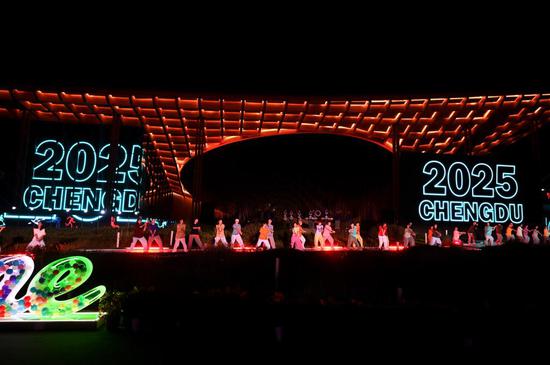
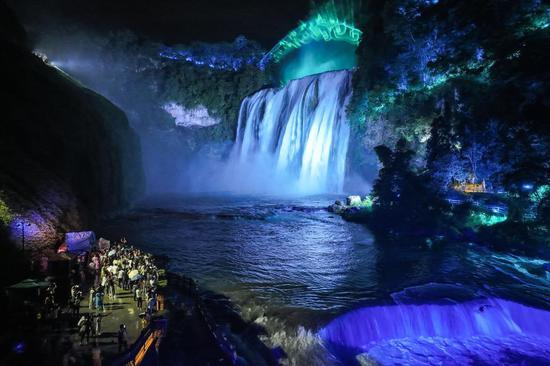

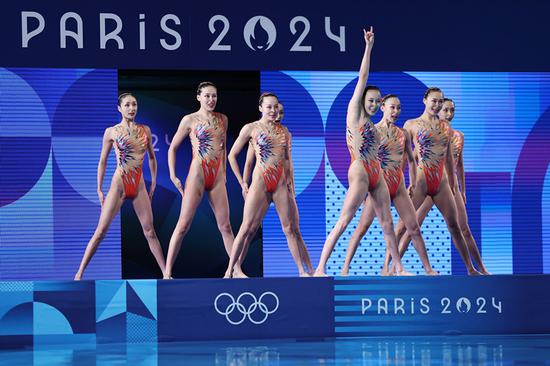
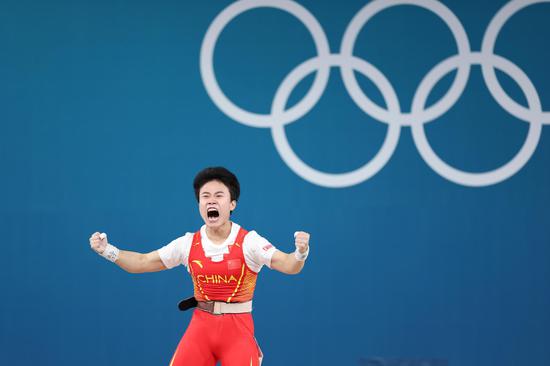
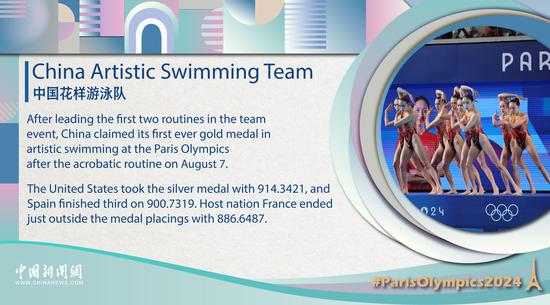


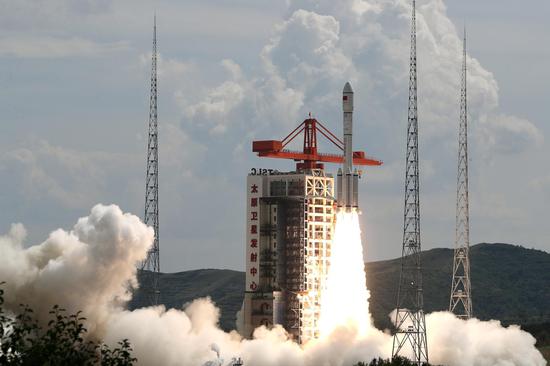







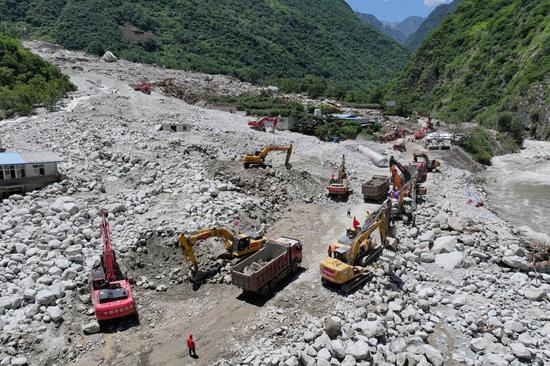
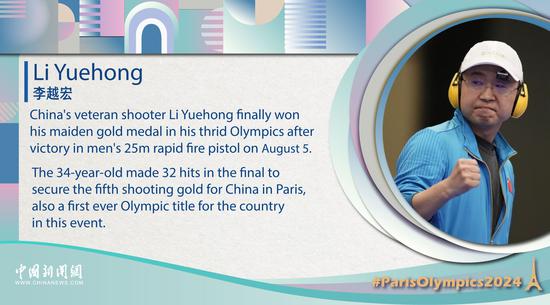




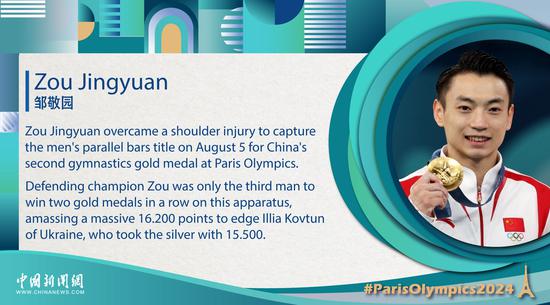

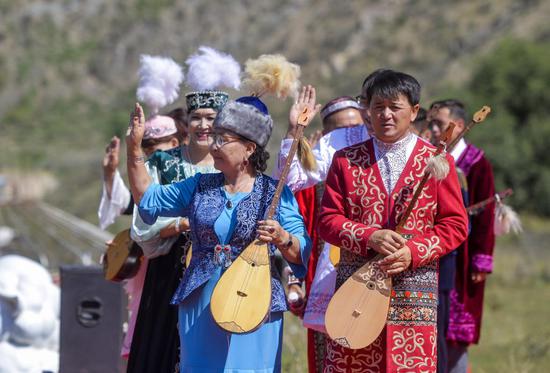






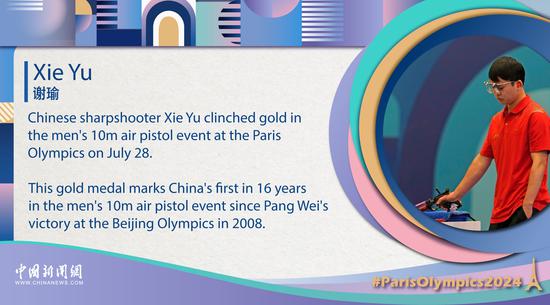

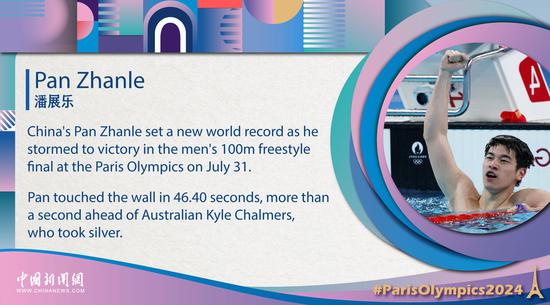






 京公网安备 11010202009201号
京公网安备 11010202009201号